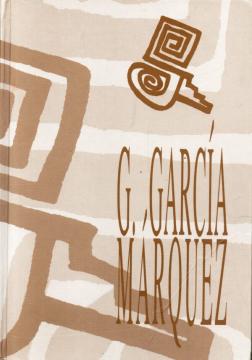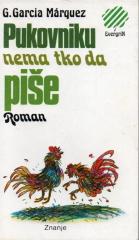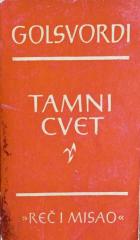
Sto godina samoće
The novel is one of the most important works of Latin American literature of the 20th century and a key representative of magical realism, a genre in which everyday events are combined with surreal and fantastical elements.
The novel "One Hundred Years of Solitude" follows the Buendía family, founded by José Arcadio Buendía, through seven generations, beginning with his founding of the desert town of Macondo, and continuing through the following decades. Through the story of this family, which, like the city of Macondo, is in a sense "sealed by fate", Marquez explores the themes of time, transience, history, love, death and self-destructive cycles that repeat themselves through generations.
The main part of the novel follows the life of José Arcadia Buendía and his descendants, who are always faced with problems that come from their past mistakes, unrequited loves and the constant search for the meaning of existence. All members of the Buendia family, despite their individual characteristics, share similar fates – they are lonely, cursed to repeat the same mistakes through the generations, and often face personal and family tragedies.
One of the key motifs in the novel is loneliness, which pervades all the characters and their fate. Despite living in a community, the characters are emotionally isolated and often experience an inner emptiness, which leads to the repetition of their mistakes and misfortunes across generations.
In addition, "One Hundred Years of Solitude" also deals with the issue of history and time, through the cyclical repetition of events, which implies that people cannot escape from past mistakes, nor can they avoid their fate. Magical realism is present in every part of the novel – surreal phenomena, such as flying and unusual events, are accepted as a normal part of everyday life.
No copies available
The last copy was sold recently.





